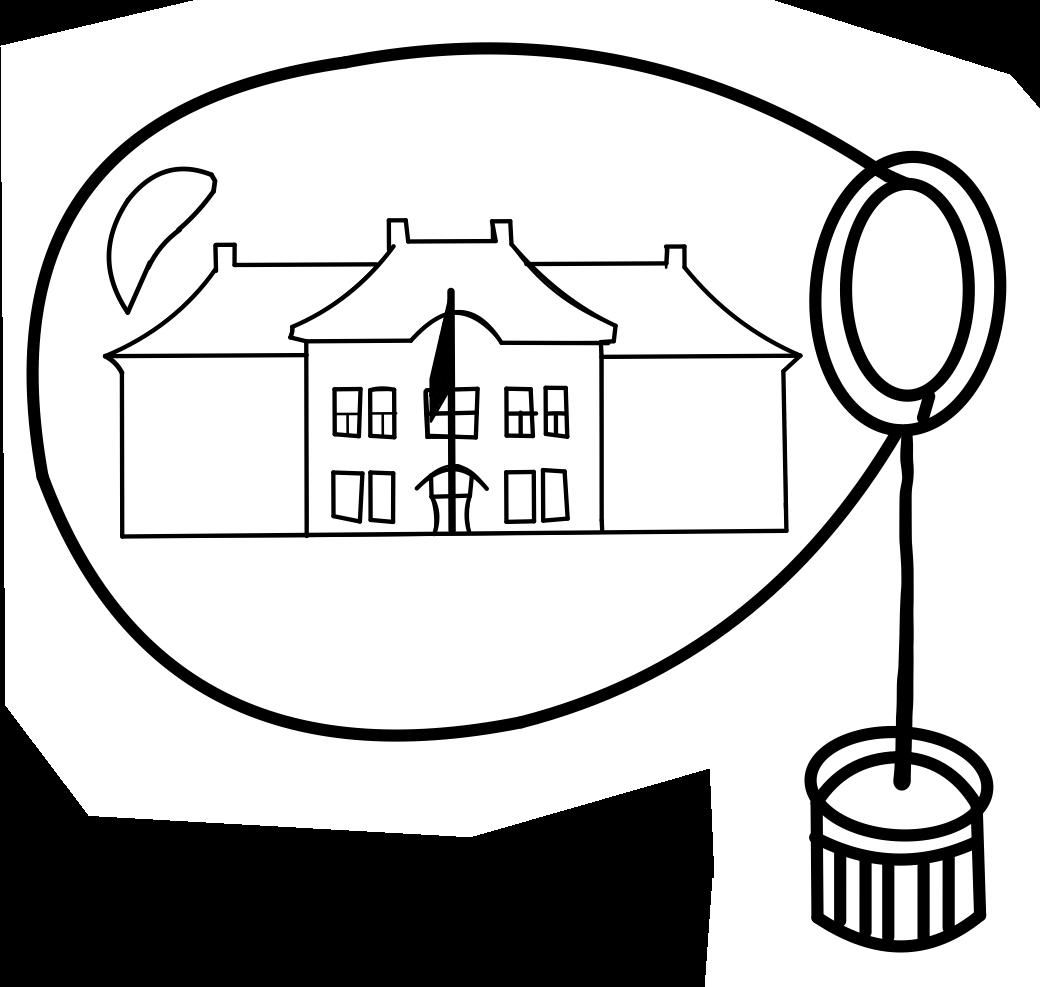
3 minute read
Confronting Complicity
from November 2021
by Alida Kromberg Underwood, Sophie van Lennep, Pleun Strik, Ellinor von Strowel
During the last semester, the issue of sexual misconduct became a widespread - and long overdue - point of discussion after multiple UCU students came forward about having been assaulted on campus. Since then, the topic still has the tendency in most circles to be pushed aside instead of actually showing up in a conversation. Last summer, we created a documentary about the issue of sexual misconduct at UCU for our course The Audiovisual Documentary. Anonymously shared stories of sexual misconduct were read out loud by other students, followed by an interview with the dean and a focus group.
Advertisement
We decided on this topic because we were concerned about the culture of sexual misconduct on our campus and we wanted to educate ourselves on this problem that so many studentsespecially women - face while they are studying; not just here, but at any university - especially those where students live in the same place they study and where the bar is a three minute walk away from their rooms. The documentary offered a look at the culture of sexual misconduct in general, how it is prevalent on our campus specifically, what measures were taken - or will be taken - by administration, and how we are all somehow complicit in the end.
The nature of the documentary was never meant to be investigative, but rather to look at the issue from different angles and to either get a conversation going, or rekindle one that may have once already been started. It is incredibly important that we keep on spreading awareness as nowalmost five months since we made the documentary in a (what seemed to be) more conscious community - the conversation around the topic seems to be fading but the issue itself is certainly not.
One of the most important questions of our documentary was “how are we, as students, complicit, and in what way do we contribute to the problem?” When confronted with the topic,
Dearest Campus,
many turn to anger and disgust. The administration receives a lot of resentment and there are definitely problems that should and can only be solved by the administration or the “people higher up”, yet a big responsibility lies with various individuals and groups of people on campus that lack self-reflection or perhaps simply lack courage.
"We should focus less on what others can change and instead start looking at our own behaviour or that of our direct friend group"
There is this problem of fragility where the main response is to get upset, angry, to point at others and to dismiss it to the behaviour of individuals, instead of actually reflecting or acting on the problem. We should focus less on what others can change and instead start looking at our own behaviour or that of our direct friend group. Maybe you have behaved inappropriately with someone in hindsight, maybe you have thought “but maybe she is just overreacting” when hearing a story; and even some of us writing this article have done this - or other things that were wrong when looking back. These kinds of reactions are those that contribute to a culture on campus where sexual misconduct is normalised or covered-up. It can be painful and awkward to admit faults in one’s behaviour, to genuinely self-reflect, but it is necessary if we want to see a change.
Finding a single solution to the issue, the one ‘correct’ thing to do, is incredibly hard when there are so many factors at play - factors that are integrated into the very fabric of society. There is an urgent need to get actively involved in the conversation, to realize you’re complicit. Turn anger and empathy into actual deeds; how can I change the role I play in this culture on campus and help prevent the progression of it? We are far from having accomplished change around Sexual Misconduct on Campus but there are changes we, ourselves, can make. You are not fighting against a culture of misconduct by merely ‘cancelling’ the problem; you have to actively participate in an ongoing self-reflection. As a community we need to learn how to reflect. And how to learn.
So we’re reaching the end of November. Initiations are over and done with (thank God those a-holes have finally stopped screaming in the middle of the night, am I right?) Halloween already seems like a distant past, and Oliebollen have entered centre stage. Is it really true that a tree will be planted for every pet picture? I don’t know, but please people, keep ‘em coming.
The moment we’ve all been dreading, yet probably expecting, has arrived. My only wish is that this partial lockdown be brief and that you are all well and safe. Maybe flipping through this edition with a cup of tea will bring you some comfort in the newly frosty nights. Or perhaps it will only serve as impromptu decoration for your living room table.
In any case, I hope you enjoy it, and I hope you take good care of yourselves.
Yours always
Giulia Martinez-Brenner Editor-in-Chief

